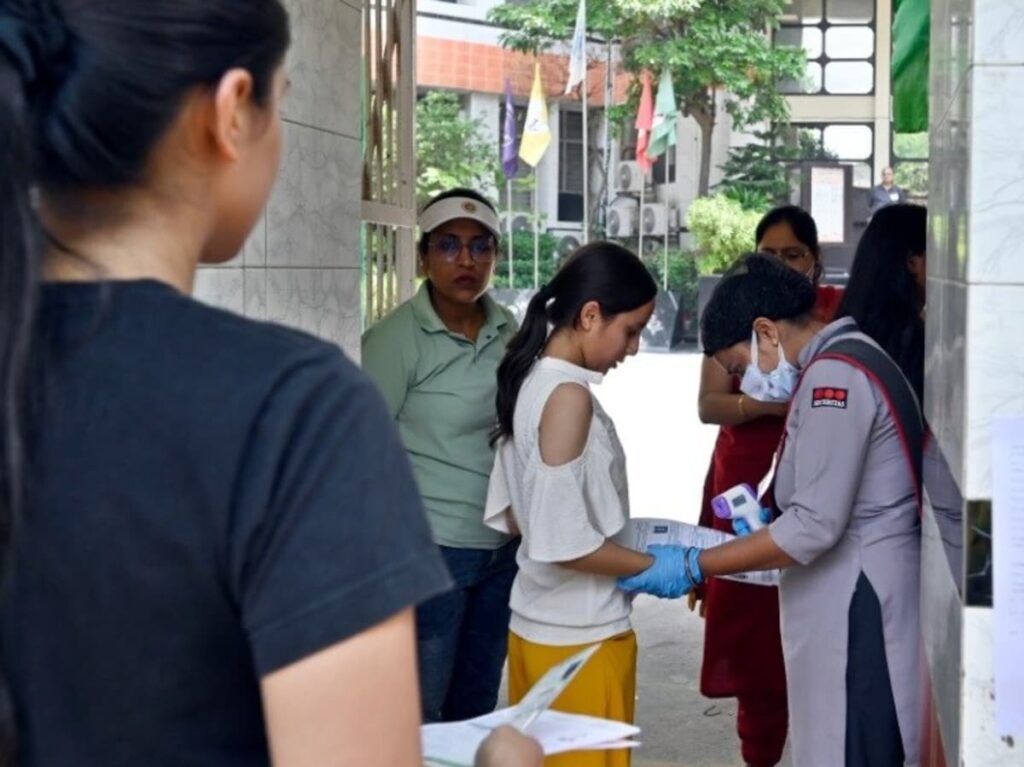The Karnataka High Court has recently issued a significant ruling, directing the state government to pay a compensation of ₹10 lakh to a female chess player who was unjustly denied admission to a government MBBS seat due to an improper exclusion from the sports quota. This case highlights not only the importance of fair play in sports but also the critical intersection between sports entitlements and educational opportunities for athletes.
Background of the Case
The case revolved around the eligibility criteria for students applying to government medical colleges in Karnataka through the sports quota. The female chess player, having represented Karnataka in various national-level tournaments, believed that her achievements warranted her admission through this reserved category. However, the state government’s decision to exclude her based on flawed criteria raised serious concerns about transparency and fairness in the selection process.
Legal Proceedings
The player challenged the government’s decision in the High Court, arguing that her exclusion was arbitrary and violated her rights as a deserving candidate under the sports quota. The court examined the merits of her appeal and the documentation she provided, which included her records of participation and accolades in chess competitions.
High Court’s Ruling
The Karnataka High Court ruled in favor of the chess player, emphasizing the need for government bodies to adhere strictly to established criteria when making decisions affecting athletes’ futures. The judgment underscored the importance of recognizing and supporting sports talent in the educational ecosystem.
Implications of the Ruling
This ruling sets a precedent for future cases involving sports quotas in educational institutions. It serves as a reminder to state authorities about their responsibility to maintain fairness and transparency in the admissions process. The financial compensation awarded not only acknowledges the distress caused to the player but also aims to deter similar injustices in the future.
Support for Athletes
The ruling further amplifies the discussion on the support and resources available for athletes in India. With more attention drawn to such cases, there is potential for improved policies that ensure equitable treatment for all athletes, especially in competitive fields like medicine where such quotas are available.
Conclusion
The Karnataka High Court’s decision in favor of the female chess player is a landmark case that reinforces the rights of athletes within the educational framework. It serves as a wake-up call for government bodies to reevaluate their processes and ensure that deserving candidates receive recognition and opportunities for their hard work and achievements. This case not only highlights the need for fair treatment in admissions but also stresses the vital role of sports in the holistic development of students.
